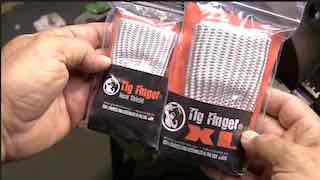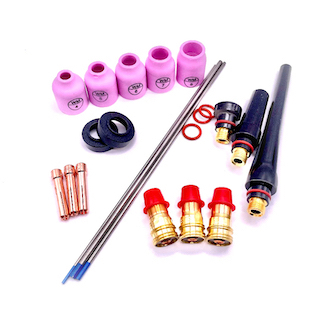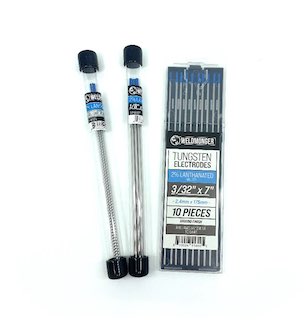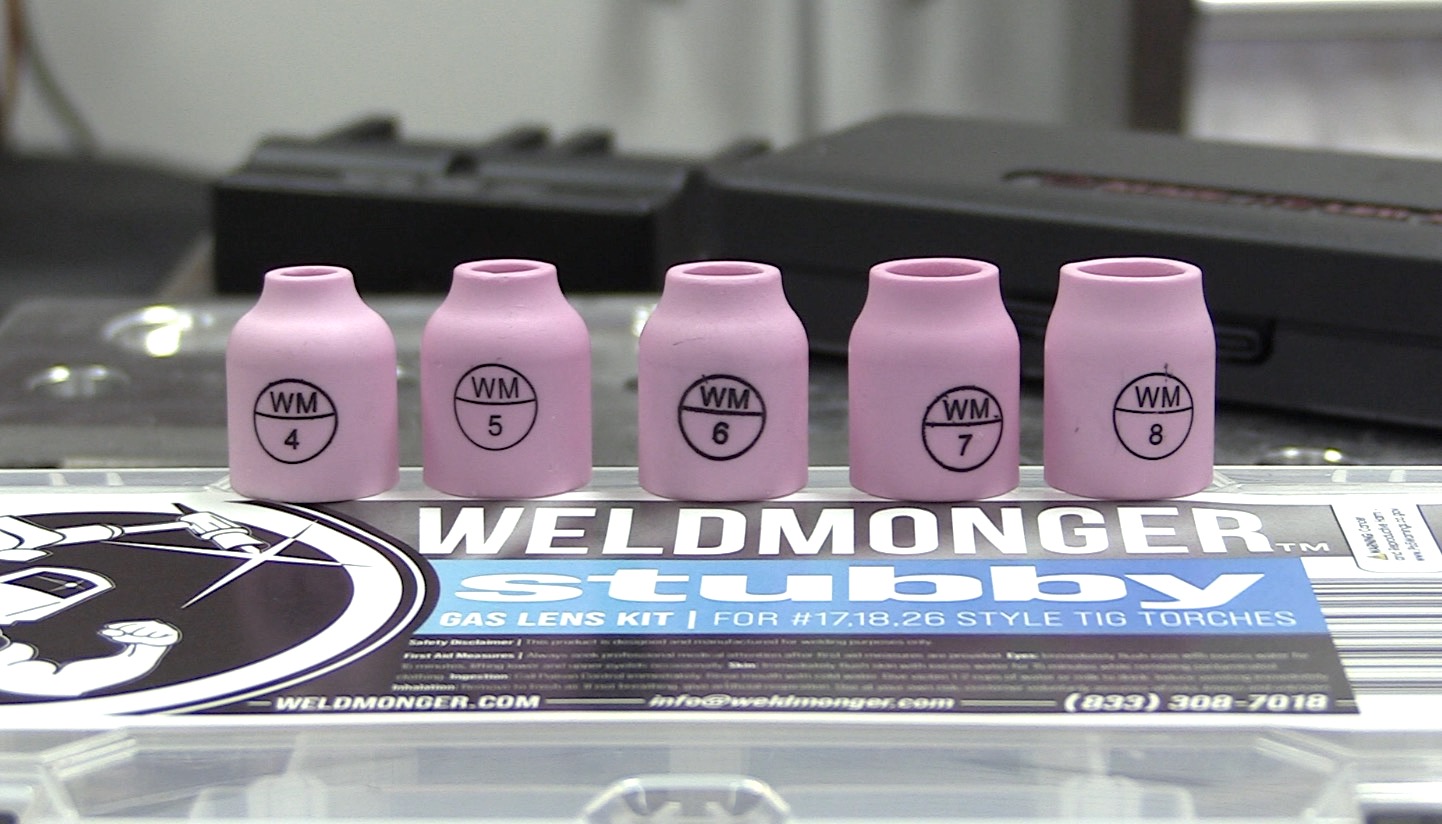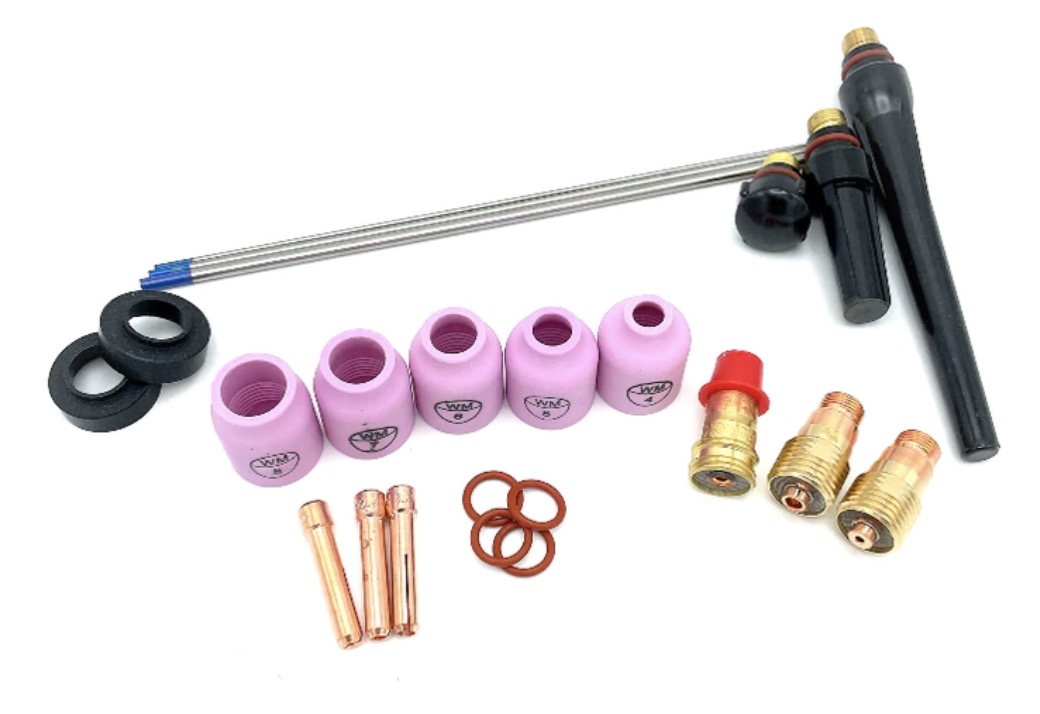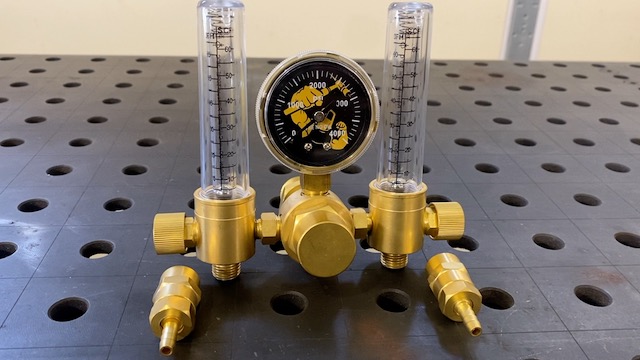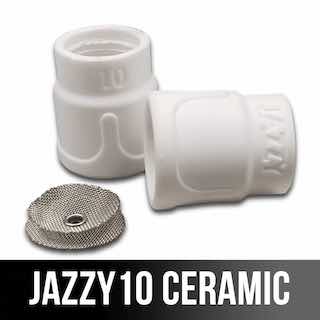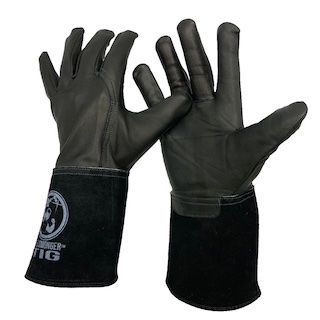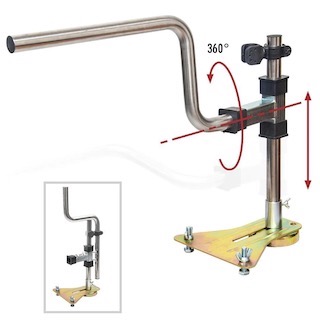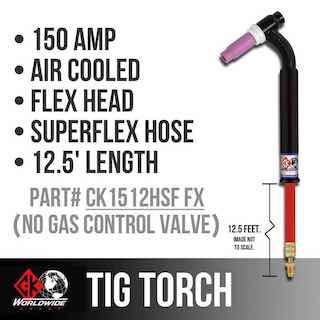115 volt Mig Welder Field Test
I was wrapping up a field test on a mig welder and thought I would use the test for a video.
The welder being tested is an AHP 115 volt mig. A starter welder...if you will.
This
115 v mig machine costs around 310 us dollars on Amazon.com and for a
welder that is ready to weld with shielding gas, thats not bad.
AHP sent me this welder asking me to put some time on it and push the limits so I agreed to that....and that is why I am welding a 3/16" thick tee joint with multiple passes with the machine plugged into a 10 amp 30 foot reel extension cord.
Even though its bad practice...even though you should not use a light duty extension cord with a mig welder, I did it anyway because I wanted to see what would happen. People do these kind of things. Its called the real world.
So what happened? Did it time out? did the thermal overload switch shut it down? did it start sputtering?
I think I noticed a sputter or two after welding for about 20 inches straight but all in all, I was impressed.
I tested a mig welder several months ago for the same company and it did not pass. In fact, it just plain quit after about 6 inches of weld.
If welded fine using self shielded flux core Lincoln nr211 but with bare wire, it just quit.
Here is the thing I learned during this field test and the previous test...
You cant tell how a mig welding machine will weld just by looking.
The first machine seemed to be built well with brass connections and even a euro style connector for the mig torch.
It just fell flat.
The Ahp mig welder didnt have brass connectors...no euro style gun connector either...but had lots more power and a smoother arc.
It didnt look like much , but it welded pretty good.
I guess its true that you cant judge a book by its cover.
Tips for getting the most out of any 115 volt mig welder:
Often times , mig torches are engineered in such a way where the contact tip is recessed back up in the mig nozzle.
That
is fine for thin sheet metal welding but not optimum for thicker
metal.
Since a 115 volt mig is limited as to how thick it can safely weld, using a shorter stickout is important because it helps to increase penetration on thicker steel.
In a tee joint, the nozzle will touch and prevent you from
achieving a short enough stickout if the contact tip os recessed too
much.
thats why I often trim my nozzle.
In fact , its a good
idea to have 2 nozzles . One for thin metal with the contact tip
recessed...and one nozzle that allows the contact tip to protrude
slightly.
Ground clamp issues....any 115 volt mig welding machine will
sputter if the ground is not good. Using bare copper wire between the
clamp and the table or actual work piece can eliminate sputtering.
welding
uphill.....positioning a piece so that it can be welded vertical uphill
will achieve more penetration than welding flat or horizontal.
What
about flux core wires for thicker metal? It really all
depends on the skill of the welder but in some cases, using self
shielded flux core welding wire can increase the thickness limitation of
a 115 volt mig.
see more mig welder videos




